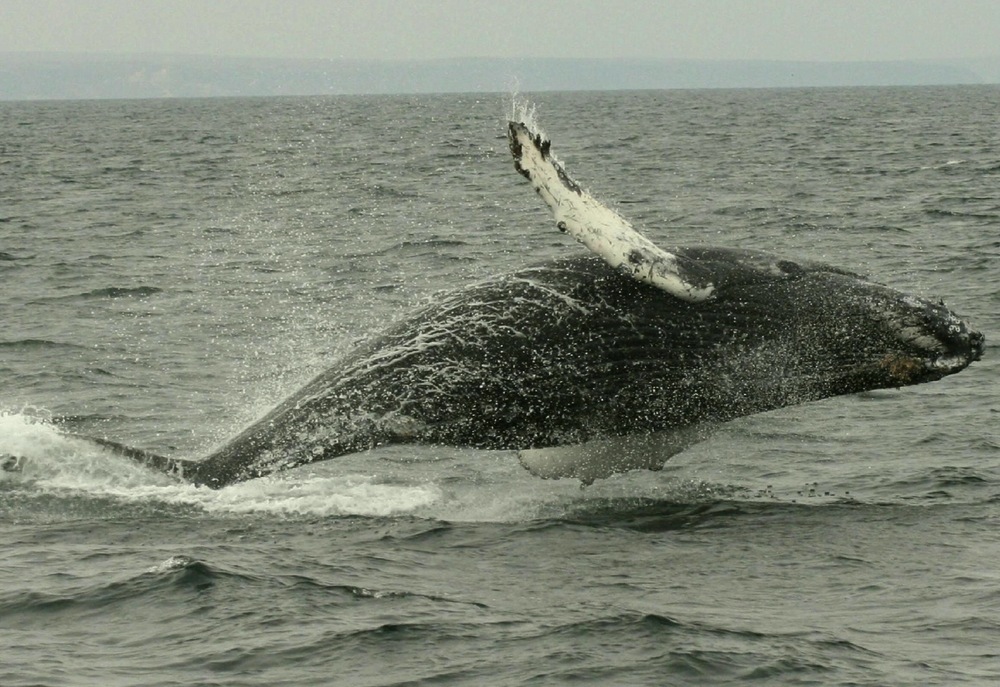
ShutterstockHumpback whales don’t like oil dispersants.
A legal victory for environmentalists this week means that sea turtles, whales, and other endangered species may be sheltered from the use of oil dispersants off the California coastline.
Dispersants, which are used to dissolve oil spills, can cause crippling injuries to cleanup workers and wildlife, but regulations governing their use are extremely lax. The EPA successfully fended off a lawsuit recently that tried to force it to regulate where dispersants can be used and in what quantities.
But on Thursday, conservation groups clinched a settlement that will force the federal government to measure and find ways to minimize impacts from dispersants when they are used to battle oil spills under the California Dispersants Plan.
From a Center for Biological Diversity press release:
“During the BP oil spill, no one knew what the long-term effects of chemical dispersants would be, and we’re still learning about their harm to fish and corals,” said Deirdre McDonnell of the Center for Biological Diversity, which brought suit with Surfrider Foundation and Pacific Environment. “People can avoid the ocean after an oil spill, but marine animals can’t. They’re forced to eat, breathe and swim in the chemicals we put in the water, whether it’s oil or dispersants.” …
Studies have found that oil broken apart by the dispersant Corexit 9527 damages the insulating properties of seabird feathers more than untreated oil, making the birds more susceptible to hypothermia and death. Studies have also found that dispersed oil is toxic to fish eggs, larvae and adults, as well as to corals, and can harm sea turtles’ ability to breathe and digest food.
Environmental News Service reports that the settlement covers four dispersants, including Corexit 9500A, which was used during the BP oil spill:
The settlement requires the federal agencies to consider as part of their analysis six named scientific studies of the effects of dispersants in the BP Deepwater Horizon spill.
One of the six studies found that COREXIT increases the toxicity of oil by 52 times.
“Dispersants are preapproved to help clean up oil spills and are widely used during disasters. But we have a poor understanding of their toxicity. Our study indicates the increase in toxicity may have been greatly underestimated following the Macondo well explosion,” said Roberto-Rico Martinez of Mexico’s Universidad Autonoma de Aguascalientes, who led the study, published in the February 2013 issue of the journal “Environmental Pollution.”
Now if we just stopped using oil, we’d have no more oil spills on which to dump dispersants.



